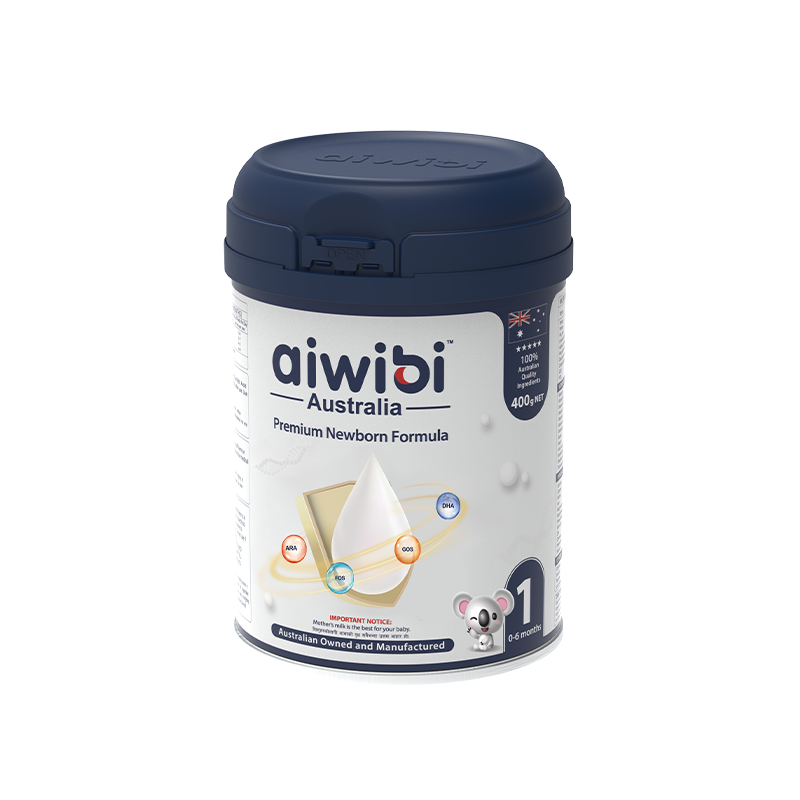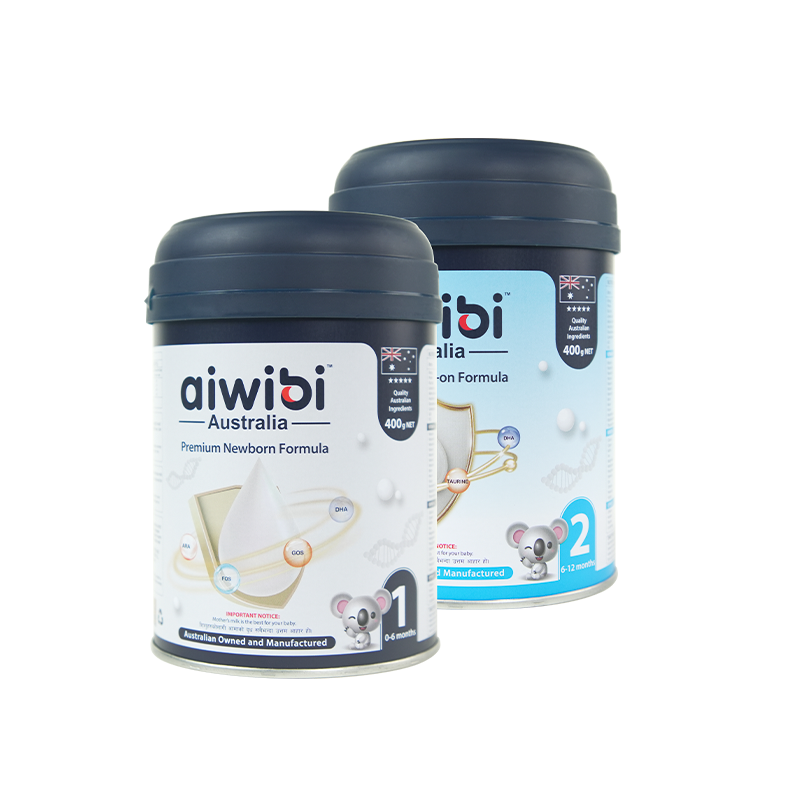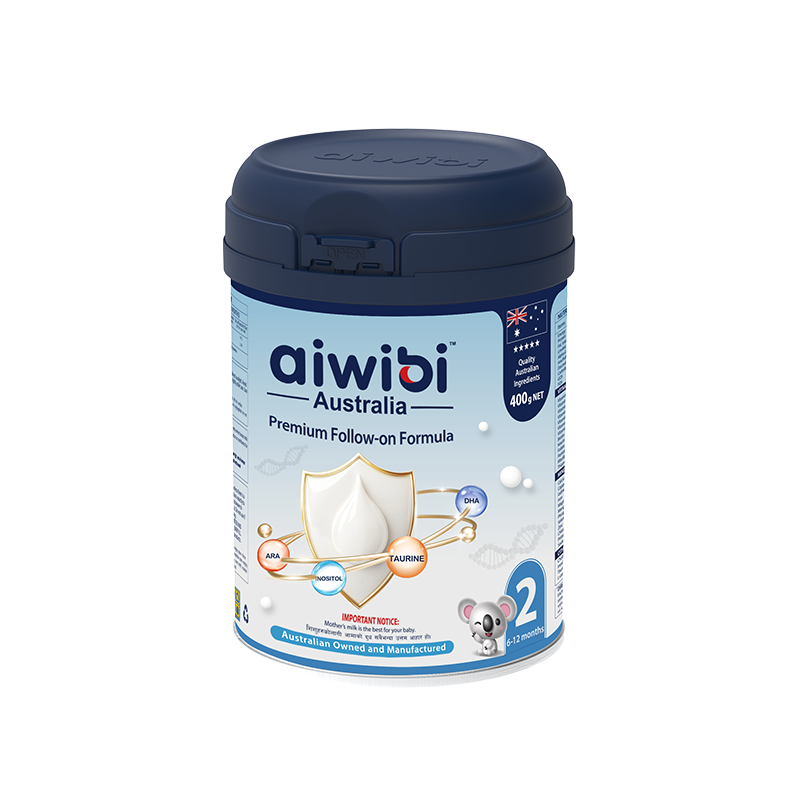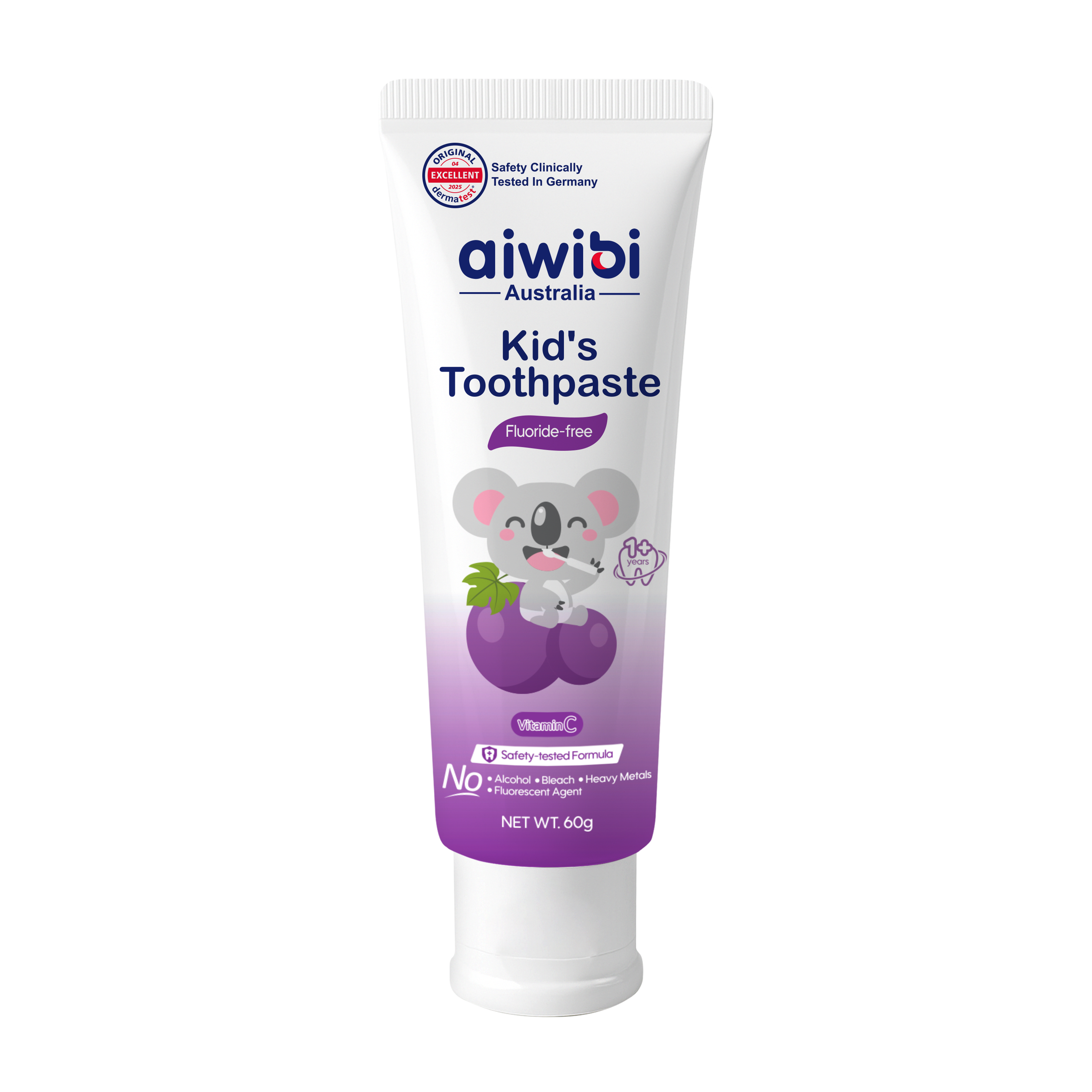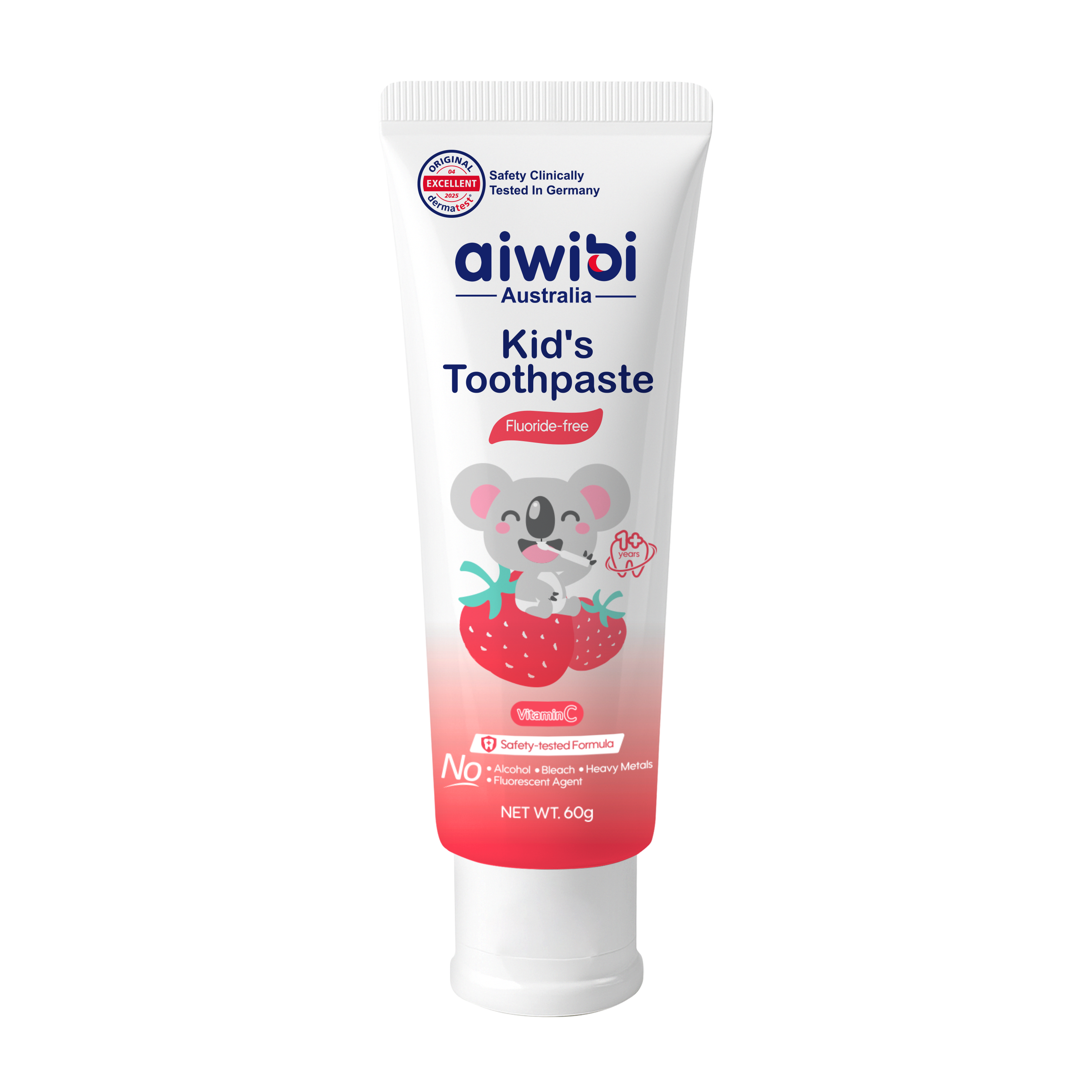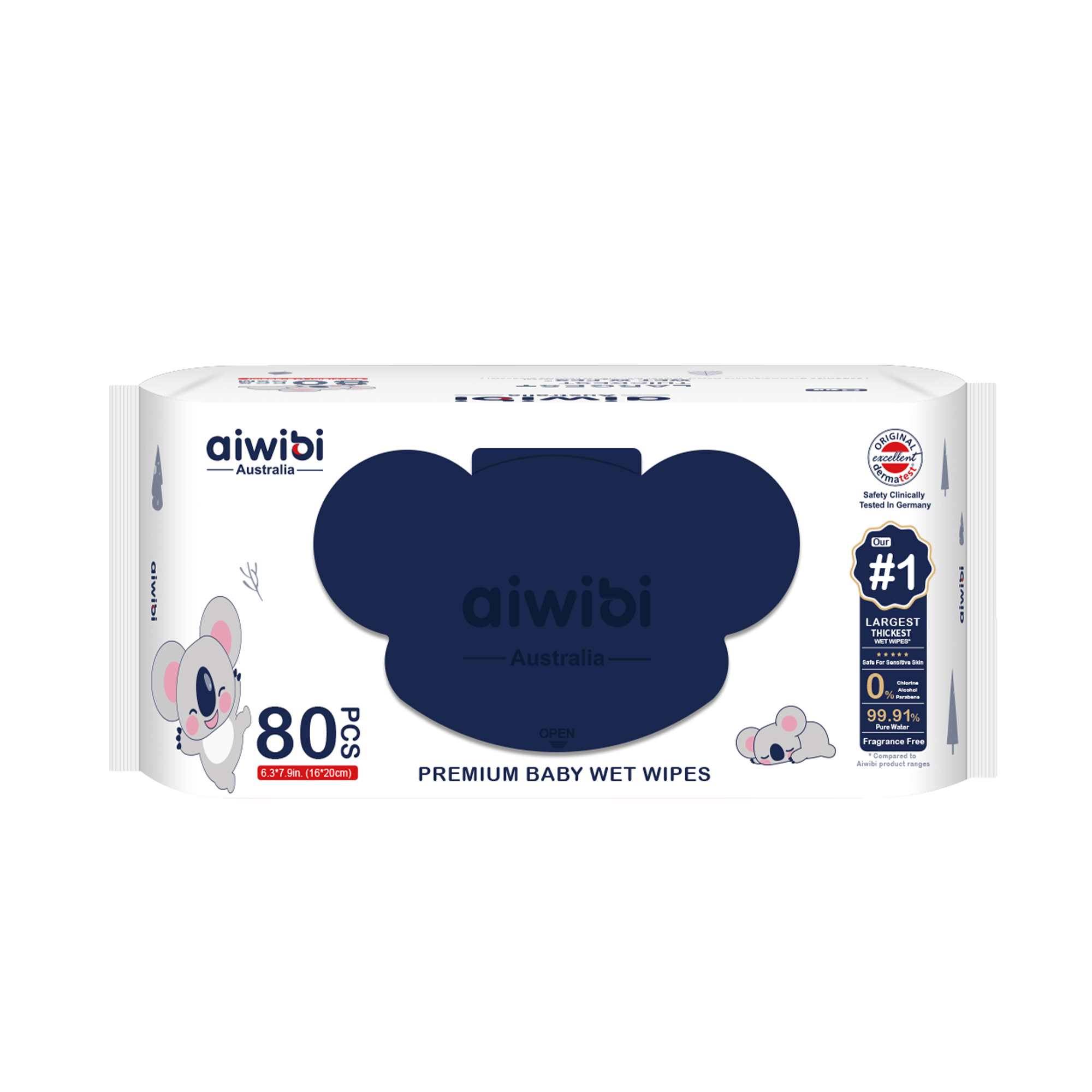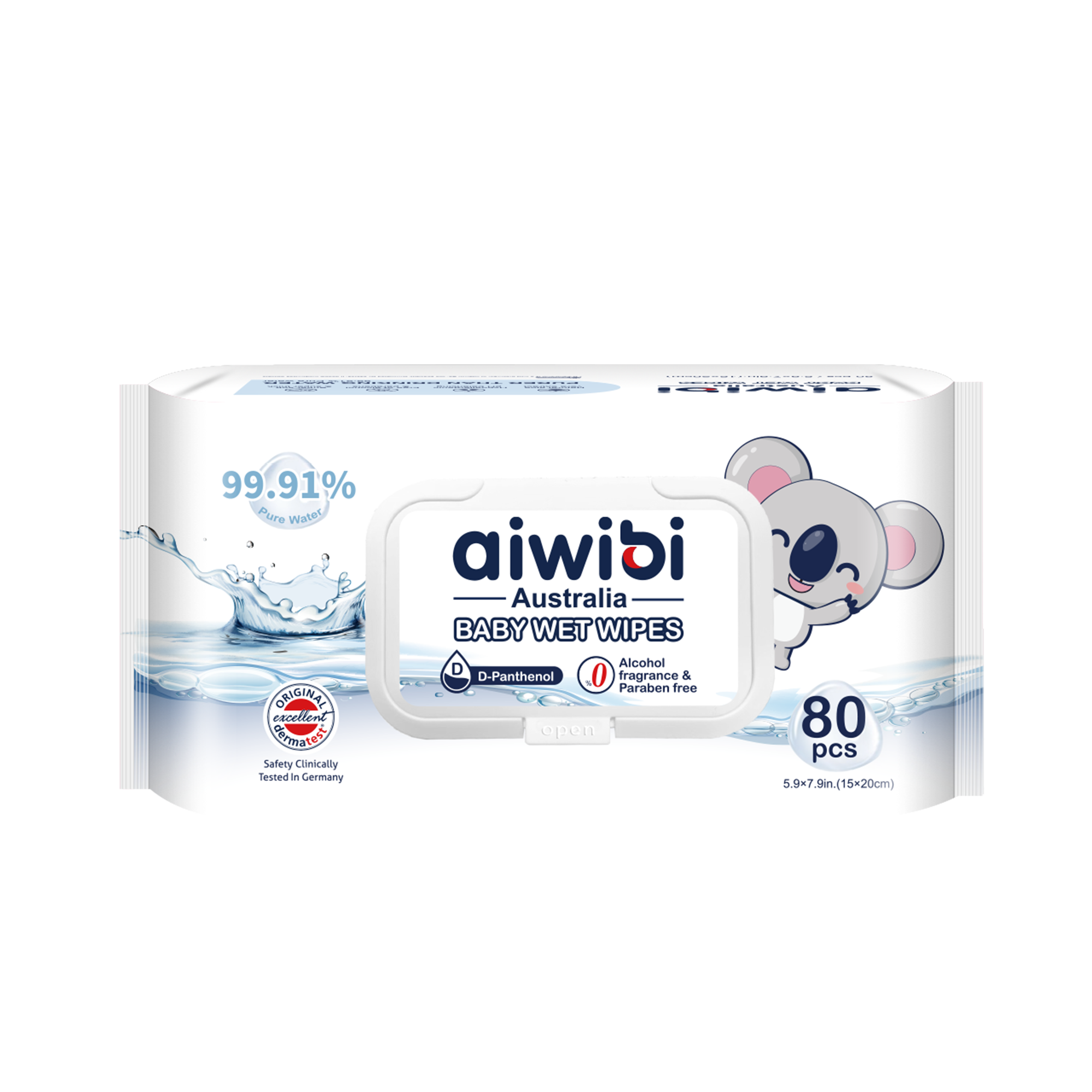In Nepal, the buzzing of mosquitoes can be more than just annoying; they can also carry mosquito-borne illnesses. To protect your loved ones, choosing a safe and effective mosquito repellent is crucial. Parents often face concerns like repellents wearing off quickly due to sweat, oil-based products attracting dirt, or the risk of chemical irritation. Today, we'll address these "mosquito anxieties" by providing you with a complete guide to protecting your baby from mosquitoes. We'll cover everything from safe ingredients to the best products for different scenarios, and even recommend a few tips to keep your family safe.
Safe Mosquito Repellent Ingredients for Children
When selecting a mosquito repellent for kids, the first step is to avoid common misconceptions. Many parents believe that "natural" equals "absolutely safe." However, this isn't always the case. For example, applying untreated herbs like mint or mugwort directly to a baby's skin can cause allergic reactions. Similarly, adult mosquito repellents with high concentrations of DEET can irritate a child's respiratory system and skin, and in some cases, may even affect nervous system development.
According to global health standards, certain ingredients are considered safer for children. Here are the ones to look for:
- Picaridin: The World Health Organization (WHO) recommends Picaridin as a child-friendly ingredient. It is low in skin irritation and offers 4-6 hours of mosquito protection without damaging clothes or toys. It is suitable for children over 1 year of age.
- PMD (Oil of Lemon Eucalyptus): This is a natural plant-based ingredient with a mosquito-repelling effect comparable to some chemical repellents. However, it's important to note that it's recommended for children over 3 years old, and you should choose a purified product to avoid impurities that can cause allergic reactions.
- What to Avoid: Repellents with DEET concentrations over 10% or Permethrin (often used for treating clothes and should not be applied directly to the skin) should not be used on children under 6 years of age, especially infants.
Mosquito Repellent Sprays vs. Mosquito Patches
With so many products on the market, which one should you choose for your baby? The best strategy is a combination approach, using both to provide comprehensive protection.
When to Choose a Mosquito Repellent Spray?
Mosquito repellent sprays containing high-performance ingredients like Picaridin or DEET provide powerful and long-lasting protection. They are ideal for high-risk environments where mosquitoes may carry diseases.
- High-Risk Environments: If you are taking your children to tropical regions like Chitwan National Park in Nepal, where mosquitoes are not only abundant but may also carry viruses, the strong protection of a mosquito repellent spray is essential.
- Multiple Threats: If your destination has other biting insects like ticks or fleas, a repellent spray is a more comprehensive choice to keep your children safe.

What to look for When Buying Mosquito Repellent for Kids?
- Ingredients: Look for Picaridin or DEET. While Picaridin is gentler on the skin, DEET's effectiveness has been proven over a long period. Always choose products specifically formulated for children with low concentrations.
- Concentration: When choosing a mosquito repellent, remember that a higher concentration does not mean it's better for your child. Safety is the top priority for children. If you need protection for a long period, it's better to choose a lower-concentration product and reapply it regularly. This ensures continuous protection while minimizing the risk of skin irritation.
When to Choose a Mosquito Patch?
Mosquito repellent patches usually use natural essential oils to repel mosquitoes through their scent. Since they don't come into direct contact with your baby's delicate skin, they are very gentle and safe.
- Daily, Low-Risk Scenarios: Mosquito patches for kids are a perfect choice for everyday use, such as playing in the park, going to and from kindergarten, or relaxing in the garden.
- Sensitive Individuals: Baby mosquito repellent patches are a safer choice for infants, children with sensitive skin, or pregnant women, as they greatly reduce the risk of irritation.
What to look for When Buying Mosquito Patch for Kids?
- Natural Essential Oils: Choose a reputable brand with a natural essential oil formula, like Aiwibi Baby Mosquito Repellent Patches.
- Slow-Release Technology: Check if the product uses a slow-release technology, which allows the scent to be released gradually and consistently for longer-lasting protection.

The Ultimate Mosquito Protection Strategy
By combining repellent sprays and patches, you can create a powerful defense system for your child.
- Foundation of Protection: Use baby mosquito repellent patches as a base layer of protection. Stick them on your baby's hat, stroller, or backpack to create a gentle protective circle around them during daily activities.
- Reinforced Layer: When entering high-risk areas like grassy fields or near water, you can lightly spray a child-specific repellent on their clothes instead of directly on their skin. This creates a second line of defense without increasing the risk of skin contact.
- Physical Protection: Remember, physical barriers are the safest and most fundamental method of protection. Dress your child in light-colored, long-sleeved shirts and pants to reduce exposed skin. If you are staying somewhere with many mosquitoes, be sure to use a mosquito net to provide a safe sleeping environment.
Other Ways to Protect Your Child from Insect Bites
In addition to using mosquito repellent, you can take simple steps to reduce the chances of your child getting bitten.
- Avoid "Hotspots": Teach your child to stay away from areas where insects like to gather, such as garbage cans, stagnant pools of water, flower beds, or orchards.
- Smart Clothing Choices: When heading outdoors, avoid dressing your child in brightly colored or floral-patterned clothes, as these can attract insects. Opting for light, solid-colored clothing is a safer choice.
- Limit Attractants: Insects are attracted to strong scents. Before outdoor activities, it's best to avoid using strongly scented soaps, perfumes, or hairsprays on your child.
- Use Environmental Tools: If you're dining outdoors, consider using a mosquito net to protect your baby and a fan to keep mosquitoes at bay. The breeze from the fan can disrupt their flight and prevent them from getting close.
- Home Protection: Make sure your window screens are in good condition. Regularly clean up any standing water outside your home to prevent mosquito breeding. If you live in a tick-prone area, always check your child's skin at the end of the day after outdoor play and safely remove any ticks you find.

Recommended for you: Baby Mosquito Repellent Patches
Dear parents, when choosing a mosquito repellent product for your baby, safety always comes first! We are delighted to recommend this natural plant-based mosquito patch specially designed for delicate skin—making protection gentle and worry-free:
✅ Natural Essential Oils, Scientifically Blended Using advanced molecular distillation technology, essential oils are extracted from a variety of natural plants such as citronella, eucalyptus, lavender, mint, and wintergreen. Through scientific blending, they work synergistically to enhance the mosquito-repelling effect while emitting a naturally fresh aroma.
✅ DEET-Free, Gentle & Non-Irritating Contains no chemical repellents like DEET. It does not directly contact the skin, avoiding the risk of allergies or chemical absorption, offering thoughtful protection for every inch of your baby’s delicate skin.
✅ Long-Lasting Release, Continuous Protection Made with high-quality PP non-woven fabric and slow-release technology, it effectively emits active ingredients for up to 6 hours. Perfect for strolls in the neighborhood, park visits, or outdoor trips—even sweating won’t reduce its effectiveness~✅ Easy to Stick, Versatile & Convenient Simply attach it to collars, cuffs, hats, strollers, backpacks, or bed rails. Lightweight and portable, it doesn’t stick to skin or dirty hands, giving your little one freedom to move and play to their heart’s content!
✅ Thoughtful Design, No More Hassles • No spraying needed, no worries about baby resisting application
• Doesn’t attract sand or dirt, keeping clothes clean and fresh
• Easy to reapply outdoors, making it easier for parents
Let Aiwibi mosquito patches for kids become your go-to assistant for outings—providing reliable protection in various scenarios and keeping your baby safe while exploring the world!
Aiwibi mosquito patches for kids product link>>>
FAQ about Mosquito Patches and Kids
Do mosquito patches work for kids?
Yes, mosquito patches can help protect kids by releasing natural scents (like citronella or lemon eucalyptus) that keep mosquitoes away. They’re especially useful in low-risk places such as the park or garden. For stronger protection in areas with lots of mosquitoes, you may need to combine patches with other methods like repellent spray on clothes or mosquito nets.
What are the side effects of mosquito patches for babies?
Mosquito patches are usually safe since they don’t touch the baby’s skin directly. Still, some babies may be sensitive to strong scents or essential oils. Possible side effects include mild skin redness if the patch touches skin, or sneezing/irritation if the smell is too strong. Always check the ingredient list and avoid using on babies under 2 months old.
How many mosquito stickers do I need?
Usually 1–2 patches are enough for a child in normal outdoor settings. For stronger protection (like near water or in areas with many mosquitoes), you can place 2–4 patches on different spots—such as the hat, sleeves, pants, or stroller. Always follow the instructions on the package for the best results.
Why do mosquitoes bite me more?
Some people naturally attract more mosquitoes because of body chemistry. Factors include: - Higher body temperature or sweating more - More carbon dioxide in your breath - Blood type (mosquitoes prefer type O) - Skin bacteria that release certain odors If you notice you or your child get bitten more often, using layered protection (patch + repellent + clothing) is extra important.
Finally
Selecting a mosquito repellent for your child is about more than just keeping bugs away—it's about protecting every precious moment of their carefree playtime. We hope these tips help you feel more confident in your choice, allowing your little one to explore the outdoors freely while you enjoy peace of mind.


